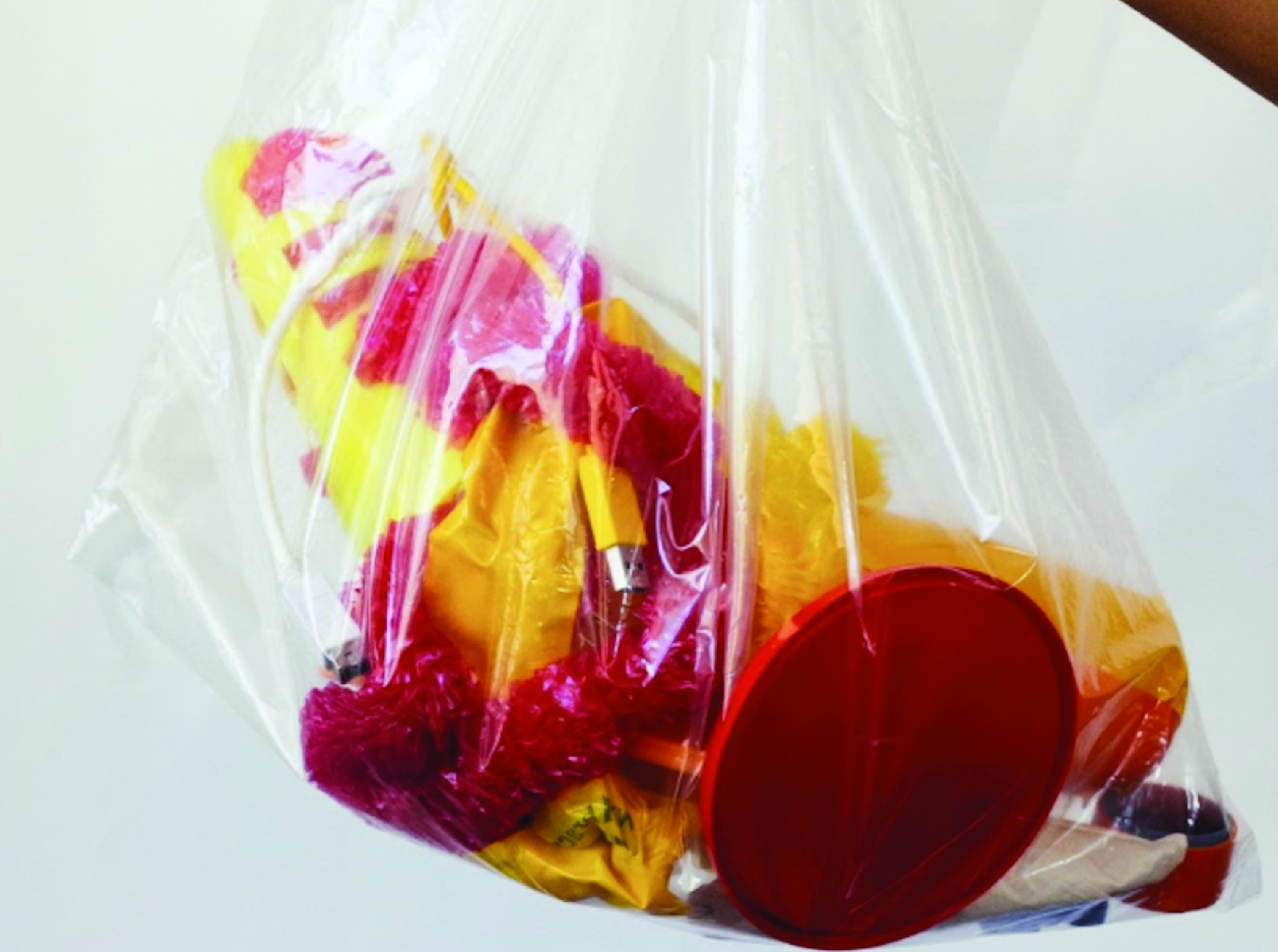We use more plastics during the pandemic! This article is the first article out of two articles about plastic waste, pandemic and environmental impact. This article is a spin-off of the Tulodo Environmental Series article.
Plastic waste remains a significant environmental issue in Indonesia. The country currently produces more than 190,000 tonnes of waste every day. Around 57% were organic waste, while13% were plastic waste. The Indonesian Government has set a target of a 30% reduction of waste and a 70% improvement of waste management by 2025.
The national and local governments in Indonesia are launching some initiatives on waste management, especially for plastic waste. For example, Jakarta has banned single-use plastics and encouraged people to use reusable bags since June 2020 through Governor Regulation No. 142/2019. The primary target audiences of regulation are supermarkets, restaurants, traders, or shop owners in shopping centers and markets.
The regulation states that single-plastic and virgin-plastics shopping bags are prohibited. As a replacement, the business industry must provide reusable bags made of materials, which can include dry leaves, paper, fabric, polyester, or its derivatives with sufficient thickness and are designed to be reused or can be recycled. Plastic wrappers are still permitted in Jakarta for meat and fruit in supermarkets and traditional markets (Article 7). They also have to provide reusable bags near the cashier, inform and educate customers about this regulation. This regulation also stipulates warnings and fines varied from IDR 5-25 million as sanctions for breaching the law.
Plastic use during the pandemic
Our study found that COVID-19 affected not only people’s lives but also the environment. The production of plastics for food packaging increases as consumers’ behaviour shifts due to hygiene concerns and convenience. During the pandemic crisis, one of the most notable increases is the consumption of personal protective equipment or PPE, such as face masks, face shields, gloves, and food packaging.
A rapid survey conducted by the Provincial Environment Office of DKI Jakarta during the pandemic reported increased plastic waste from 15% in 2018 to 21% in 2020. The trend is in line with the sky-rocketing demands for home delivery services. For example, Gofood’s transactions during the pandemic increased by 20% as people mostly needed the food delivery services, while most of the food was packaged using plastic bags. A study by Lembaga Ilmu Pengetahuan Indonesia/LIPI (the Indonesian Institute of Sciences) conducted in the Jakarta area between April and May 2020 observed more assertive online shopping behavior from 1 to 5 times in one month to 1 to 10 times during social restrictions. The result was a growing consumption of plastics that almost doubled (96%), mostly from plastic packaging and bubble wrap.
These growing trends bring a question on the effectiveness of the government’s policy to reduce single-use plastic bags. Without any doubt, we urgently need to reduce our plastic waste. However, on the other hand, especially in a pandemic situation, we also want our food to be safely protected from bacterial and viral contamination. How do the two needs meet? I use my own experiences to reflect on the question.
A month ago, I ordered food through an online delivery service. While waiting for the food, the driver sent me a message: “I am sorry, the restaurant does not provide any bags for takeaway.” I asked the driver whether there were other options, such as buying a reusable bag to carry the food. Unfortunately, the bags were not provided, even for purchase. Eventually, the driver had to use a plastic bag.
On another day, I made another meal order also using an online application. This time, the driver managed to buy a reusable bag. However, as it turned out, having a reusable bag only did not answer my need for food hygiene. When I received my order, the meal was not placed in a proper food container, while the drink was not even sealed. These issues of safety and hygienic food packaging, I think, are a shared concern among customers during the Pandemic COVID-19. Although recent research says that COVID-19 infection rarely spreads through surfaces, many people, including myself, do not want to risk ourselves with exposure to any illness. Yet, so far, no one could guarantee if the food had been handled adequately to reduce the risk of infection.
It has been one year since the implementation of the regulation. Some business sectors have positively responded to the law. For example, some grocery stores put the sign “no plastic bags” in the cashier. Some provide eco-friendly bags. But some still offer plastic bags to the customer. Some restaurants listed in the online food delivery service respond differently. Good news comes from Jakarta’s Environmental Office, which reports a significant decrease in single-use plastic bags in shopping centers, traditional markets, and supermarkets. The statement, however, did not mention the use of non-reusable plastic for food delivery.
As Indonesia has not yet seen the light at the end of the current pandemic tunnel, I guess the trend of relying on food delivery will continue to soar. What should the business sector and customers do? Will the regulation change customer behaviours? As there has been an increase in online transactions during the pandemic and an increase in packaging for online delivery, do we need to propose a more specific and responsive regulation to address the issue? Wait for the next article, we will discuss this further and keep you updated.
Editor: Yulida Pangastuti





Published by